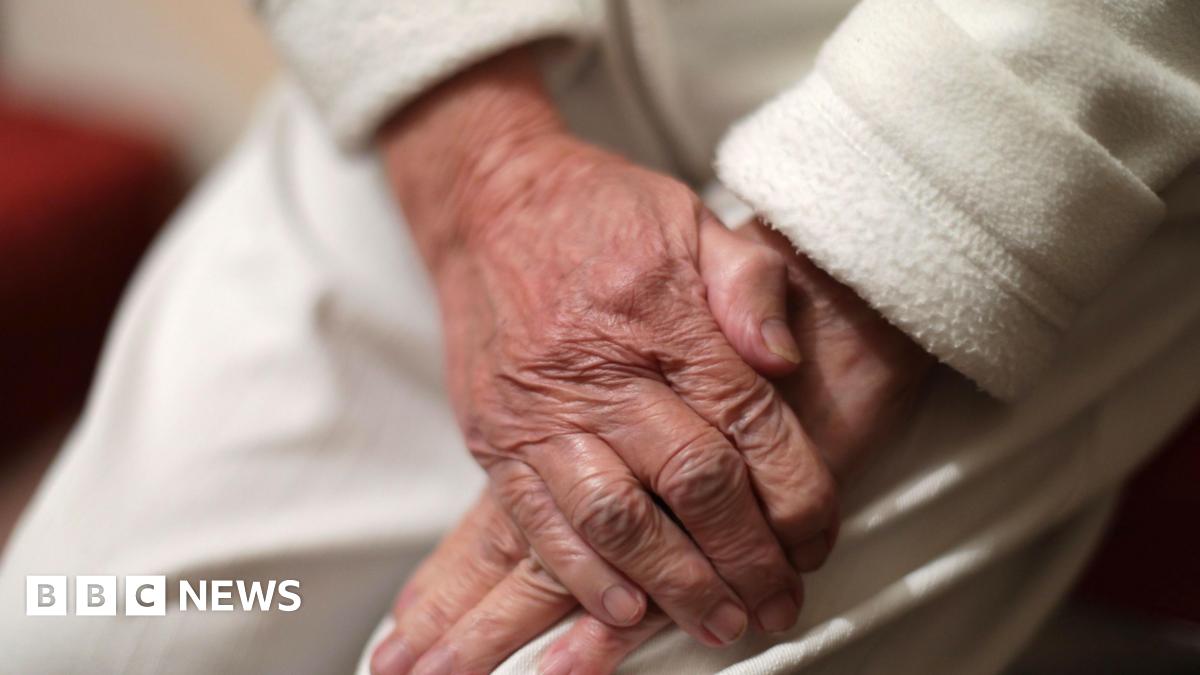David Inglis, chairman of Age Concern Guernsey, said the systems were a “lifeline” for many.
“There are 1,200 people out there [using a system],” he said, adding it was “really bad” if just one had suffered due to a system not functioning properly.
He was also concerned how any system would work with the introduction of full fibre broadband to the island’s communications network, replacing the current mixed fibre and copper wire operations.
Those behind the full fibre roll-out said the system would mean connections would be faster, more stable and more reliable.
Steve Ozanne, head of fixed networks at Sure, the telecoms company in charge of the technical side, said the utility wanted “to make sure it continues to work reliably on the new fibre network”.
“If you or someone you care for uses a lifeline health alarm, you’re eligible for a free battery backup unit when switching to fibre,” Mr Ozanne said.
The company had also introduced a new lifeline device that used the mobile network, which it said would “continue to work if there is a power cut”.

